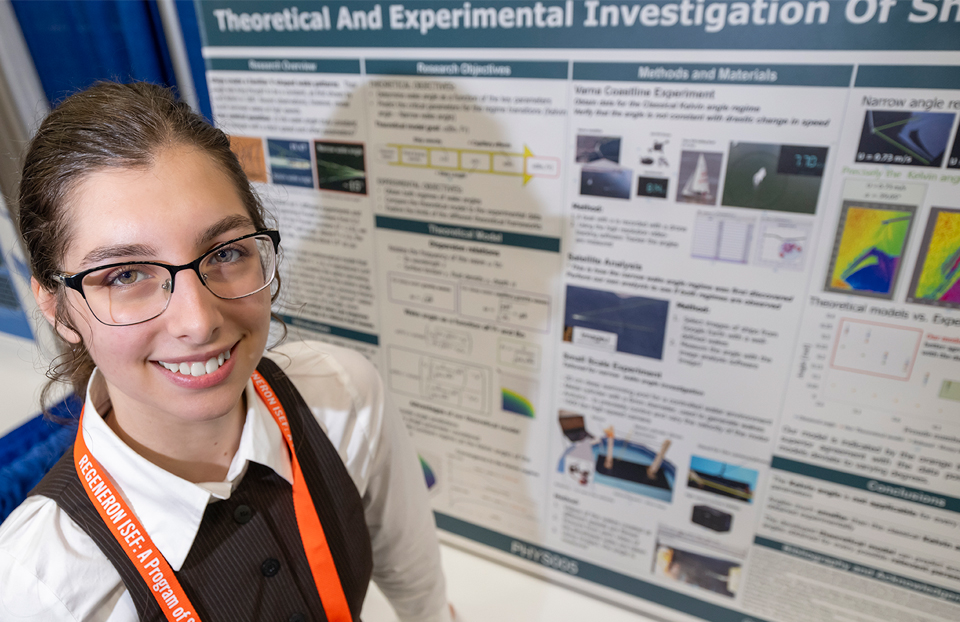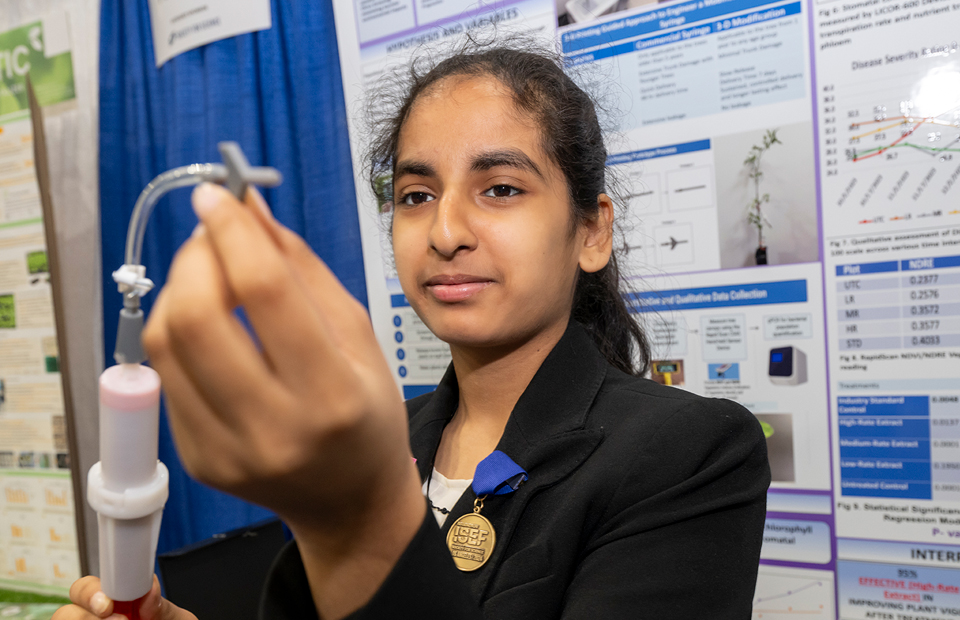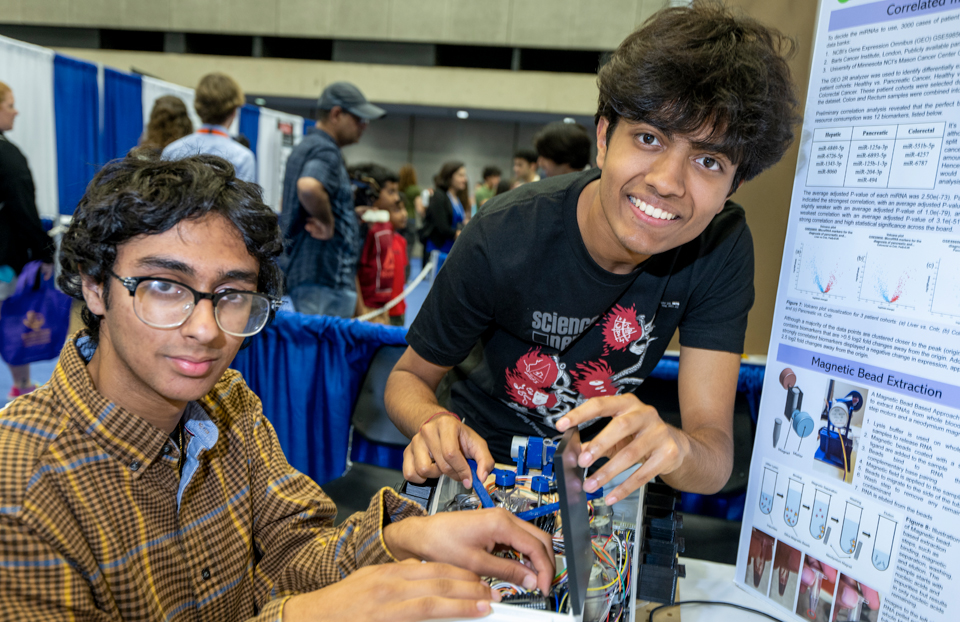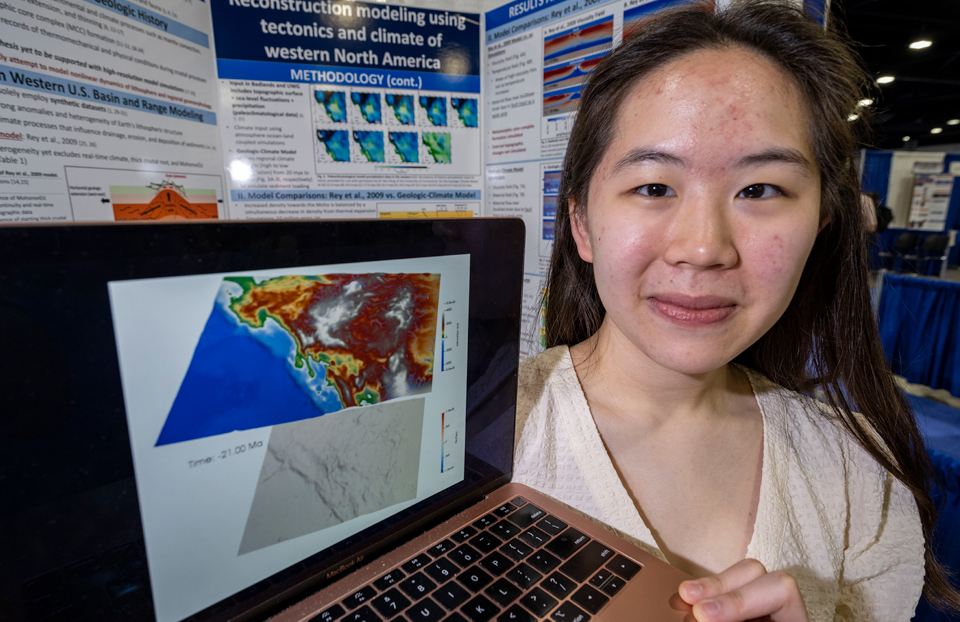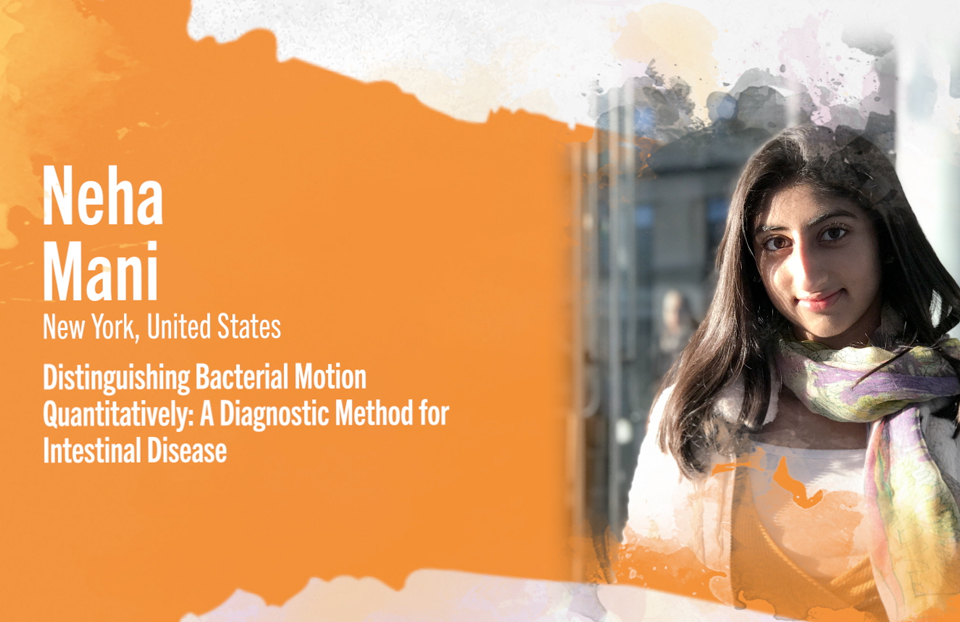H. Robert Horvitz Prize for Fundamental Research
2002 Nobel Prize winner in Medicine or Physiology, H. Robert Horvitz served as Chair of the Society for Science’s Board of Trustees from 2010 to 2019. He continues to serve as a member of the Honorary Board, committed to furthering the Society’s mission of informing, educating and inspiring the next generation of STEM leaders.
In recognition of his scientific excellence and service, the $10,000 H. Robert Horvitz Prize for Fundamental Research is awarded to the project that represents the best in fundamental research which furthers our understanding of science and/or mathematics. The project promotes the understanding of natural phenomena without clearly defined applications towards processes or products in mind. The award will be used by the winner to cover post-secondary educational expenses.
 About H. Robert Horvitz
About H. Robert Horvitz
Robert Horvitz is the David H. Koch Professor of Biology at the Massachusetts Institute of Technology (MIT); an Investigator of the Howard Hughes Medical Institute; a neurobiologist at Massachusetts General Hospital; a member of the MIT McGovern Institute for Brain Research and a member of the MIT Koch Institute for Integrative Cancer Research. He has served on many editorial boards, visiting committees and advisory committees, and has received numerous honors.
Learn more about the Regeneron International Science and Engineering Fair and about the awards presented at ISEF.
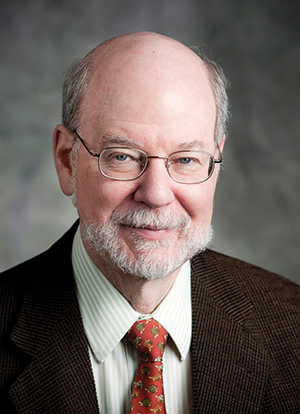 About H. Robert Horvitz
About H. Robert Horvitz